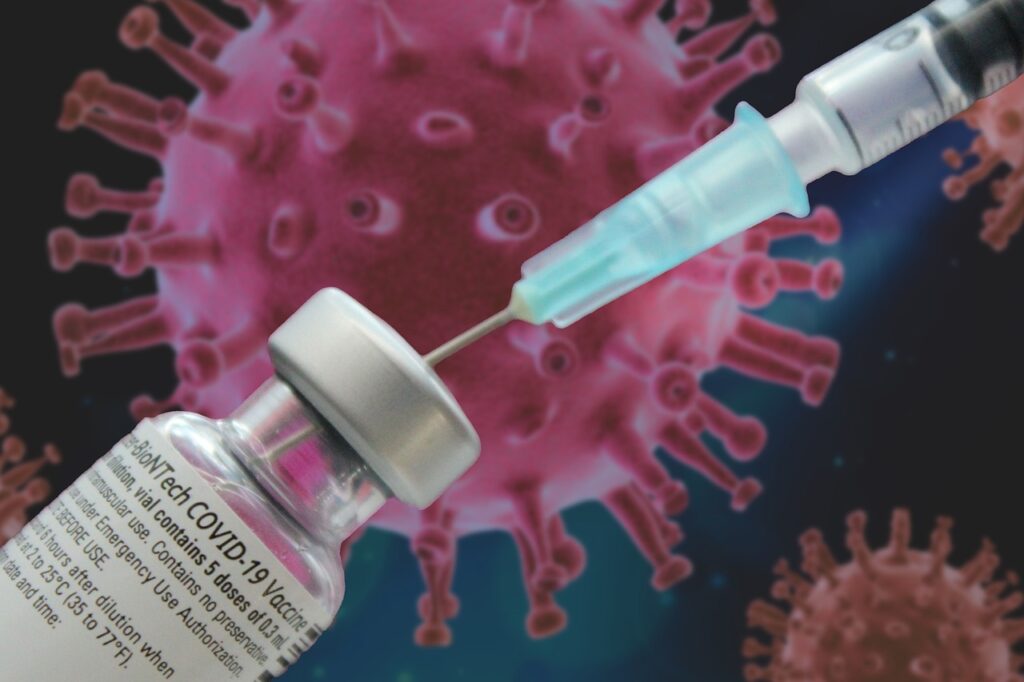Debunking Common COVID-19 Vaccine Myths
Even though the COVID-19 vaccines are now widely available, many people are still hesitant get the shot. Fear seems to be one of the main reasons people are not rolling up their sleeves. In an effort to ease anxiety, The Philadelphia Inquirer looked into some of the biggest concerns people have about the COVID-19 vaccines. One of its health reporters set out to set the record straight – debunking some common myths about the COVID-19 vaccines. Here are a few of the biggest takeaways:
- The vaccines were developed at record speeds, but only because the technological advances had been in the works for years – and teams of scientists working around the clock. Although this was one of the fastest vaccine rollouts ever, no shortcuts on safety were taken. Rather, drug companies started production while the vaccines were still in clinical trials, which shaved months off the manufacturing time.
- The vaccines are safe. Officials say more than 570,000 Americans have died from COVID-19, but none have died from the Moderna or Pfizer vaccine. It’s also important to point out that not everyone suffers from side effects after getting the shot. And, for those who do, the side effects are often minor and last only a day or two. Use of the Johnson & Johnson vaccine was momentarily halted in April while scientists investigated a possible link to blood clots. It was determined that the vaccine is safe to use, and it was quickly put back into distribution. Doctors say you have a better chance of being struck by lightning than developing a blood clot from the Johnson & Johnson vaccine.
- The vaccines will not give you COVID-19 because none of them contain the virus. The Moderna and Pfizer vaccines are mRNA vaccines. They contain a piece of code that teaches our cells to make a protein that triggers the immune system to recognize and fight the actual virus if exposed to COVID-19. The Johnson & Johnson vaccine does the same thing using a different type of technology.
- None of the vaccines will change your DNA. Doctors say the vaccines do not affect or interact with DNA in any way. Rather, all three COVID-19 vaccines work by delivering instructions to our cells so they can fight the coronavirus if exposed.
- Despite what you may have heard, evidence shows the vaccines work in protecting you from contracting COVID-19. They are much more effective than scientists originally expected. So much so that the CDC has said vaccinated people can now go outside without a mask and gather with other vaccinated people without wearing masks.
For answers to all of your questions and concerns about the safety of COVID-19 vaccines check out this list of frequently asked questions answered by Doctors for America. This organization is made up of 18,000 physicians and medical students across the country committed to putting patients over politics in an effort to improve the health of people, communities, and the country.
The Seniors Trust is committed to improving the lives of seniors by highlighting important information about COVID-19 and by working to improve Social Security. It wants to see Congress pass the Social Security Expansion Act. This landmark piece of legislation will provide bigger monthly Social Security benefits, establish a more accurate cost-of-living adjustment (COLA) for seniors, and guarantee the long-term solvency of the Social Security program.




